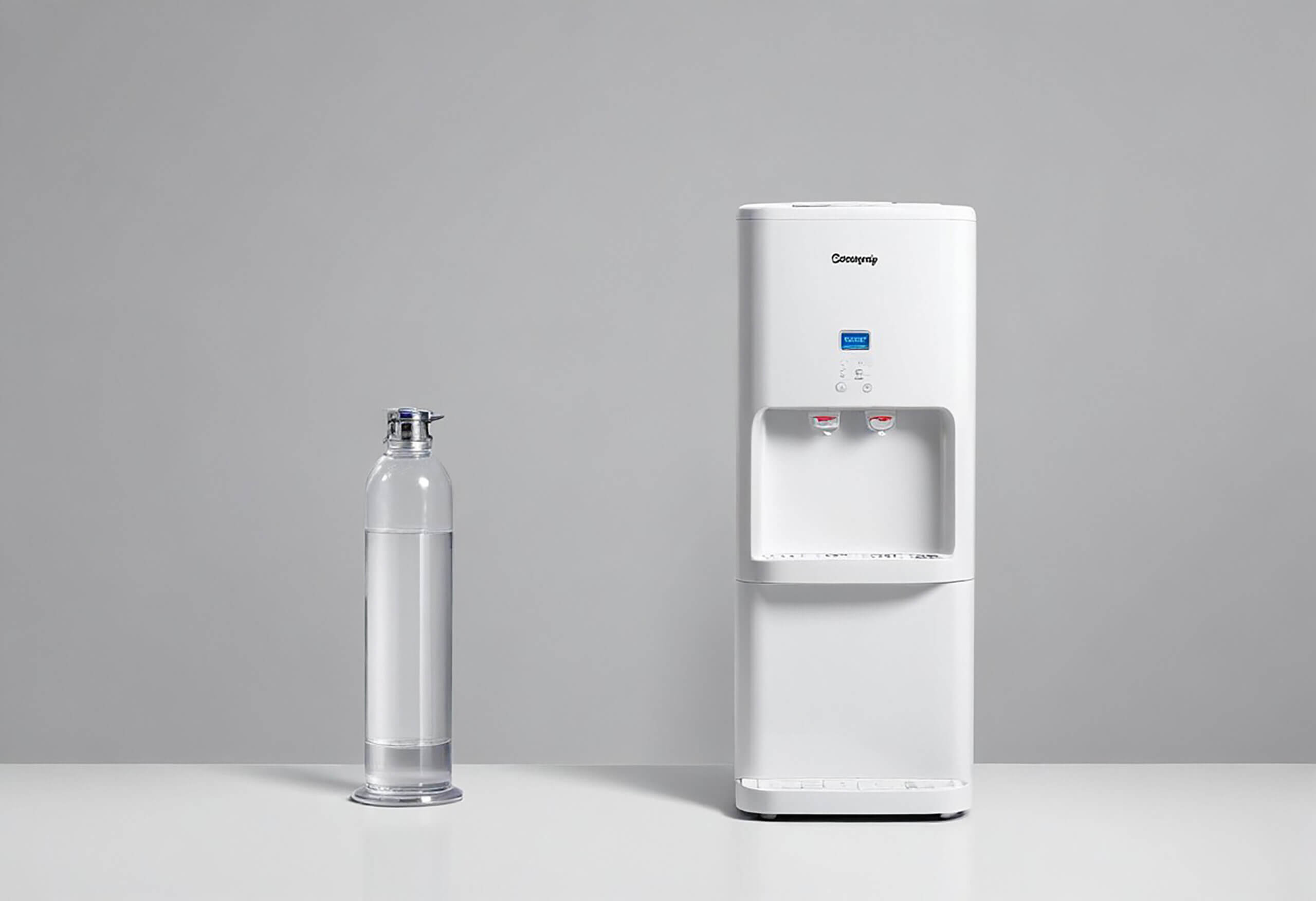
In today’s world, hydration has become increasingly important. As health and wellness awareness has grown, so too has demand for convenient, accessible drinking water solutions. The modern marvel of a drinking water dispenser meets that demand for convenience and practicality. This article gives insight into how drinking water dispensers facilitate hydration at home, in the office, and in public spaces, touching on lifestyle benefits and types available.
Drinking Water Coolers for Convenience: Easy Hydration
Streamlined Hydration
One of the biggest advantages of having a water dispenser is that clean, filtered water is available with such great ease. Ordinary methods of hydration, using either pitchers or boiling water, are cumbersome and require a lot of time. With a water dispenser, refilling a glass or bottle is no hassle at all. This convenience goes a long way in homes, workplaces, and public places that keep many people running from here to there.
Eliminate Constant Refelling
Those who are used to filters in pitchers know how annoying the routine of refilling water constantly can be. Water dispensers, especially the bottleless type, eliminate this completely. Most of these systems are connected directly to the water supply and give a constant stream of filtered water. Consequently, users will never have to experience the pain of running out of water or the hassle of storing heavy water bottles.
Encouragement towards Consistent Hydration
A drinking water dispenser nearby encourages one to drink water throughout the day. With hydration just a step away, one is less likely to resort to sugary beverages or energy drinks. This, in turn, can lead to improved health due to better digestion, higher energy levels, and even enhanced cognitive function.
Types of Drinking Water Dispensers
Water dispensers are designed for various needs and settings, and they come in several types. Here are a few popular ones:
1. Countertop Water Dispensers
Features: Countertop dispensers are compact units that fit conveniently on kitchen counters or desktops. They typically have a reservoir that holds filtered water, allowing for easy dispensing.
Pros:
- Space-efficient and easy to install.
- Ideal for small households or offices.
- Often fitted with filtration systems to ensure clean water.
Cons:
- Smaller capacity can mean this will be refilled often.
- More frequent maintenance, as would be expected from most smaller systems.
Suitable for: Apartments, small kitchens, office desks, or where space is limited but hydration is crucial.
2. Free-Standing Water Coolers
Characteristics: Free-standing coolers are larger units, generally holding several gallons of water, which are often fed from bottle water sources for easy accessibility.
Pros:
- Higher capacity, thereby reducing how frequently a refill is required.
- Hot and cold water options provide further versatility.
- Can serve several users at once, hence suitable for offices.
Cons:
- Require space and may not fit well in smaller environments.
- Continuous costs associated with the purchase of bottled water if not connected to a water supply.
Suitability: Ideal for large households, workplaces, or communal areas where high-volume hydration is needed.
3. Bottleless Water Dispensers
Features: Bottleless water dispensers connect directly to the existing water supply, often utilizing advanced filtration systems to provide purified water on demand.
Pros:
- Unlimited access to filtered water without the need for heavy bottles.
- Reduces plastic waste associated with bottled water consumption.
- Available in hot, cold, and room-temperature options, catering to various preferences.
Cons:
- Higher initial installation costs compared to traditional bottled dispensers.
- May require professional installation and maintenance.
Suitability: Ideal for homes, offices, and public spaces that prioritize sustainability and convenience.
Lifestyle Benefits of Drinking Water Dispensers
1. Healthier Choices
Accessibility to filtered water encourages healthier drinking habits. With water readily available, individuals are more likely to choose it over sugary sodas, juices, or energy drinks. This shift can lead to better hydration, weight management, and overall health improvements.
2. Sustainability
As environmental concerns continue to grow, many consumers are seeking ways to reduce their carbon footprint. Using a bottleless water dispenser significantly cuts down on plastic waste associated with bottled water. By opting for a sustainable hydration solution, individuals contribute to environmental conservation efforts.
3. Cost-Effective Hydration
While there is an initial investment in purchasing and installing a drinking water dispenser, the long-term savings can be substantial. Bottled water can be expensive, and the costs accumulate over time. A bottleless dispenser connected to the water supply eliminates ongoing purchase costs, making it a more economical choice in the long run.
4. Convenience in Public Spaces
Drinking water dispensers are not just limited to homes and offices; they are increasingly found in public spaces like parks, schools, and shopping malls. These dispensers provide easy access to hydration for everyone, promoting healthier communities and encouraging people to drink more water throughout the day.
5. Enhanced Productivity
In workplaces, having a drinking water dispenser can enhance productivity. Employees are less likely to take long breaks to fetch water, and access to hydration can improve focus and energy levels. A well-hydrated workforce is often more productive and engaged.
Making an Informed Choice
When considering a drinking water dispenser, it’s crucial to evaluate your specific needs, preferences, and space availability. Factors to consider include:
- Capacity Requirements: Determine how much water your household or office typically consumes.
- Space Availability: Consider the size of the dispenser and the space you have available.
- Budget: Assess your budget for both initial purchase and ongoing maintenance costs.
- Filtration Needs: Research the filtration technology used in the dispenser, ensuring it meets your water quality requirements.
Conclusion
Drinking water dispensers are revolutionizing modern living by making hydration more convenient and accessible than ever before. With options ranging from countertop models to bottleless systems, these dispensers cater to the diverse needs of households, offices, and public spaces.
The benefits of having a drinking water dispenser extend beyond convenience; they promote healthier choices, sustainability, and enhanced productivity. By investing in a quality water dispenser, individuals can ensure they stay hydrated while contributing to a healthier lifestyle and a more sustainable planet.
As we continue to prioritize health and convenience in our daily lives, drinking water dispensers will undoubtedly play a significant role in shaping our hydration habits for years to come. Embrace this hydration revolution, and enjoy the simplicity and benefits that come with having clean, refreshing water at your fingertips.



